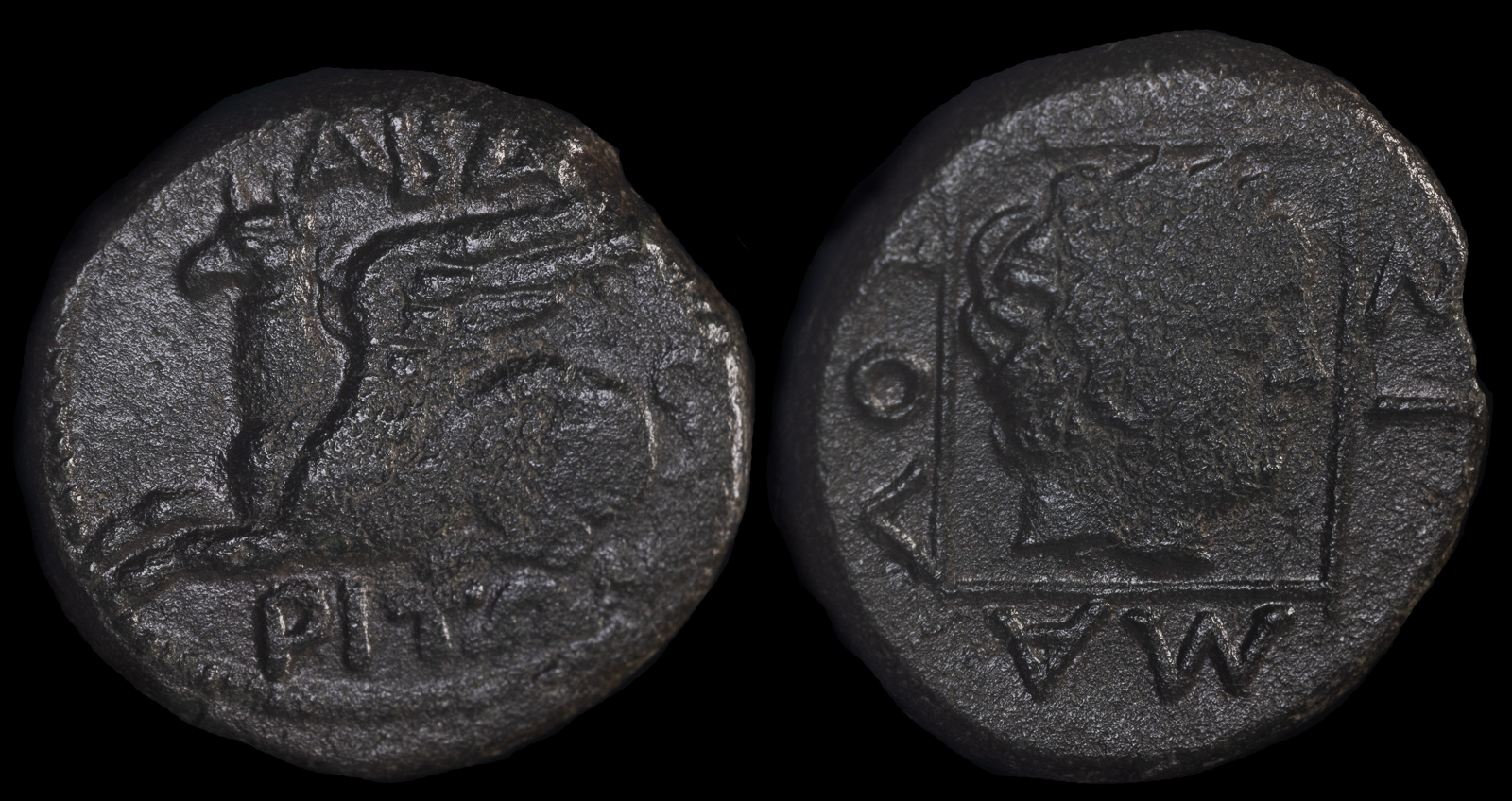Apollo
View All Tags
Apollo’s history is deeply intertwined with his divine parentage and his many roles across Greek mythology. He was the son of Zeus, the king of the gods, and Leto, a Titaness. According to myth, Apollo and his twin sister, Artemis, were born on the island of Delos after Leto endured a long and arduous pregnancy. Apollo’s birth was marked by a remarkable prophecy, signaling his future importance as a god of oracles, knowledge, and divine power. His association with the sun, in particular, was solidified later in Greek mythology, as he was often depicted driving the chariot of the sun across the sky, bringing daylight to the earth.
As the god of music, Apollo was said to be the leader of the Muses, the nine goddesses who inspired creativity in the arts. He played the lyre, an instrument associated with harmony, and his musical abilities were said to be unmatched. Apollo’s music had the power to bring order and beauty to the world, and he was frequently invoked by musicians, poets, and artists seeking inspiration. One of the most famous myths involving Apollo’s musical talents is the story of his contest with Marsyas, a satyr who challenged Apollo to a musical duel. Apollo won the contest, and Marsyas was punished for his hubris, a reminder of Apollo’s superiority in the arts.
Apollo was also the god of prophecy and wisdom, particularly through the Oracle of Delphi, one of the most famous oracles in the ancient world. According to myth, Apollo slew the Python, a serpent that guarded the site, and took possession of the oracle, where he was worshipped as the god who could foretell the future. Pilgrims from all over the ancient world traveled to Delphi to consult Apollo’s oracle, seeking guidance on everything from politics to personal matters. Apollo’s role as a seer reinforced his reputation as a god of knowledge and divine insight.
In addition to prophecy, Apollo was also known for his healing powers. He was often invoked for protection against disease, and he was credited with the power to cure ailments, especially through the arts of medicine and exorcism. However, Apollo’s association with both life and death was reflected in his capacity to bring both healing and destruction. He was responsible for sending plagues to punish mortals, and in some myths, he wielded his power to cause death, such as the killing of Asclepius, his own son, when Asclepius overstepped the bounds of divine authority by raising the dead.
Apollo’s many roles and powers made him a highly revered deity, worshipped in various temples and sanctuaries throughout the ancient Greek world.
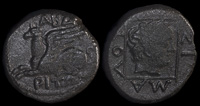
Abdera, Thrace 311-250 BCE

Abdera, Thrace 311-280 BCE
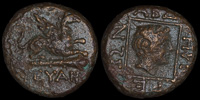
Abdera, Thrace 311-280 BCE

Abdera, Thrace 311-280 BCE
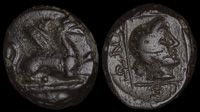
Abdera, Thrace 311-280 BCE

Abdera, Thrace 311-280 BCE

Abydos, Troas 4th-3rd cent BCE
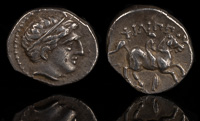
Adea Eurydike 318-317 BCE
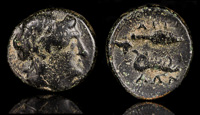
Aetolian League 290-220 BCE
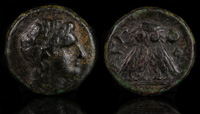
Agathokles (of Lysimachos) 290-282 BCE
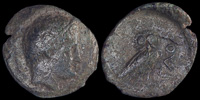
Agathopolis, Thrace 300-250 BCE
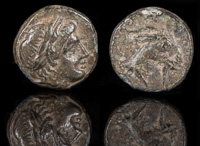
Aigai, Aeolis 4th-3rd cent BCE
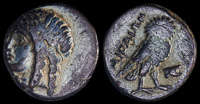
Airai, Ionia 375-350 BCE
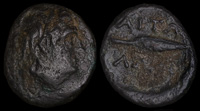
Aitolian League 290-220 BCE

Alabanda, Karia ca 150 BCE
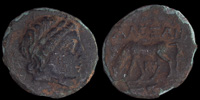
Alexandreia, Troas 3rd century BCE

Alexandreia, Troas 3rd century BCE
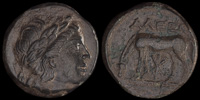
Alexandreia, Troas 3rd century BCE
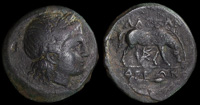
Alexandria, Troas 281-261 BCE

Alopekonnesos, Thrace 325-275 BCE
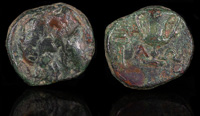
Alopokonnesos, Thrace 400-300 BCE
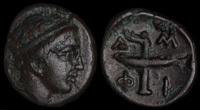
Amphipolis, Macedon 355-353 BCE
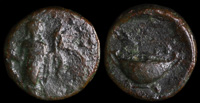
Anaphe, Cyclades 300-200 BCE
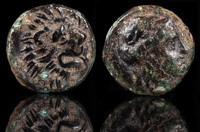
Antandros, Troas 350-340 BCE

Antioch, Syria 312-281 BCE
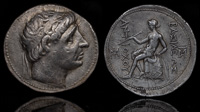
Antiochos I Soter 281-261 BCE

Antissa, Lesbos 250-167 BCE

Apollo Sauroktonos 138-161 CE
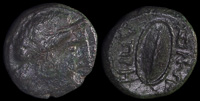
Apros, Thrace 260-250 BCE
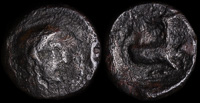
Aristokrates of Kourion, 4th cent BCE
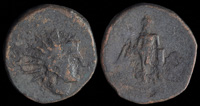
Arykanda, Lycia 200-100 BCE
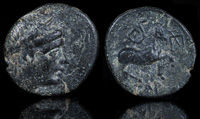
Atarneos, Mysia 400 BCE
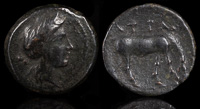
Atrax, Thessaly 3rd-2nd cent BCE
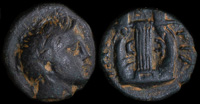
Bottiaia, Macedon 385-350 BCE
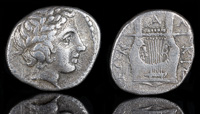
Chalkidian League 432-348 BCE
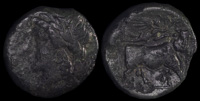
Compulteria, Campania 265-240 BCE
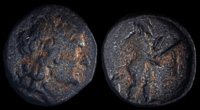
Corinth 248-243 BCE
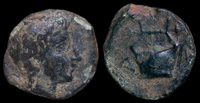
Delos, Cyclades 280-166 BCE

Demetrios I, Thrace 4th-3rd cents BCE
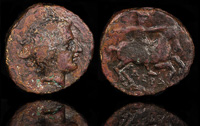
Derdas II ca 380 BCE
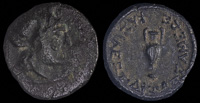
Dixazelmeus 141-139/8 BCE
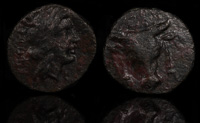
Elataia, Phokis 4th-3rd cent BCE
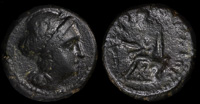
Eleuthernai, Crete 3rd century BCE
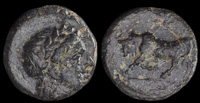
Gambrion, Mysia 400-300 BCE
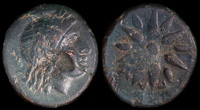
Gambrion, Mysia 4th-3rd century BCE
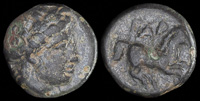
Gargara, Troas 3rd-early 2nd centuries BCE
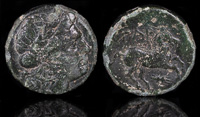
Gargara, Troas 4th century BCE
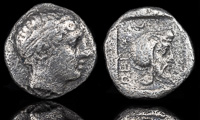
Gongylos 450-400 BCE
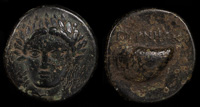
Gyrneion, Aeolis 3rd century BCE

Gyrton, Thessaly 340-320 BCE
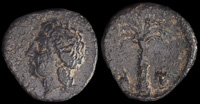
Halieis, Argolis 340-330 BCE
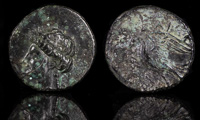
Halikarnassos 4th-3rd Centuries BCE
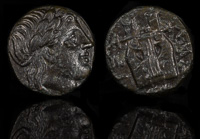
Hamaxitos, Troas 4th century BCE
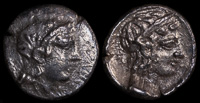
Holmoi, Cilicia 375 BCE

Hydisos, Caria 150-50 BCE
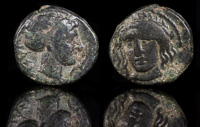
Iasos, Caria 4th-3rd cent BCE
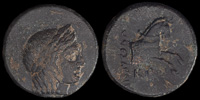
Ionia, Kolophon 330-285 BCE
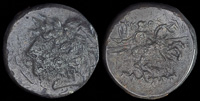
Ionia, Kolophon ca 330-285 BCE
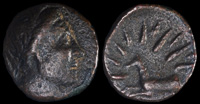
Ioulis, Keos, Cyclades 3rd-2nd century BCE
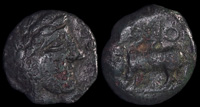
Irnum, Campania 250-225 BCE

Kabyle, Thrace 275-250 BCE
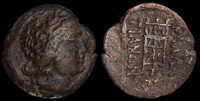
Kallatis, Thrace 250 BCE
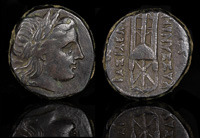
Kassander 305-298 BCE
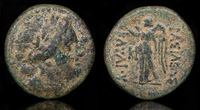
Kavaros 230-218 BCE
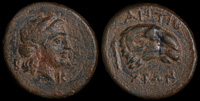
Kebren, Troas 281-261 BCE

Kebren, Troas 400-310 BCE
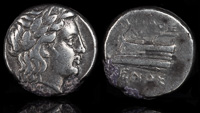
Kios, Bithynia 345-315 BCE

Kolophon 285-190 BCE

Kolophon 330-285 BCE
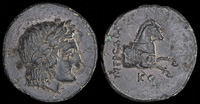
Kolophon 4th century BCE
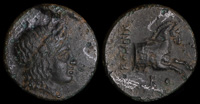
Kolophon, Ionia 330-285 BCE
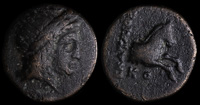
Kolophon, Ionia 330-285 BCE
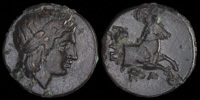
Kolophon, Ionia 330-285 BCE
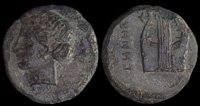
Kolophon, Ionia 330-294 BCE

Kolophon, Ionia 360-330 BCE
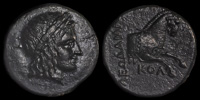
Kolophon, Ionia 360-330 BCE

Kolophon, Ionia 360-330 BCE

Kolophon, Ionia 360-330 BCE
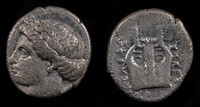
Kolophon, Ionia 375-360 BCE
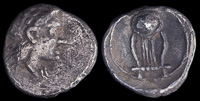
Kythnos, Cyclades 4th century BCE

Kyzikos, Mysia 350-300 BCE
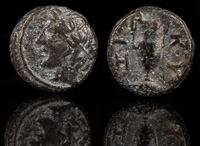
Kyzikos, Mysia 4th century BCE
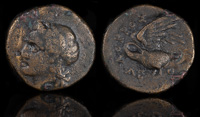
Leukai, Ionia 350-300 BCE
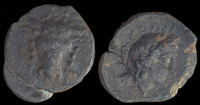
Lilaia, Phokis 4th-3rd centuries BCE
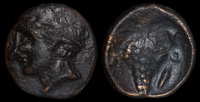
Lokris Opuntii 4th-3rd cent BCE

Lykkeios 359-335 BCE
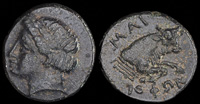
Magnesia ad Maeandrum 350-200 BCE
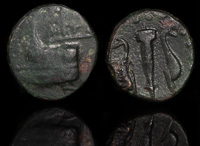
Megara 3rd-2nd cent BCE

Metropolis, Thessaly 4th century BCE

Miletopolis, Mysia 400-300 BCE

Mopsos, Cilicia 51-52 CE
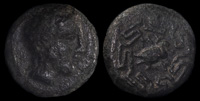
Myous, Ionia 400-380 BCE
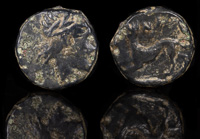
Nasos, Aeolis 3rd-2nd cent BCE
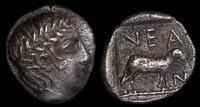
Neandria, Troas 350 BCE
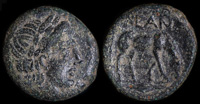
Neandria, Troas 350-310 BCE
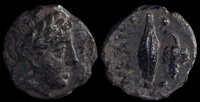
Neandria, Troas 400-300 BCE

Odrysian Uncertain King ‘MN’ 405-340 BCE
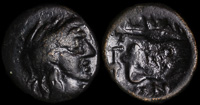
Oetaei, Thessaly 279-168 BCE
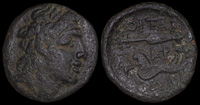
Oitaio, Thessaly 279-191 BCE
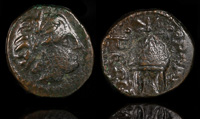
Orthagoreia, Macedon 350 BCE
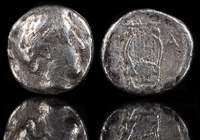
Pagasai, Thessaly 4th cent BCE

Patara, Lykia ca 168-30 BCE
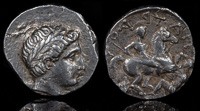
Patraos 335-315 BCE
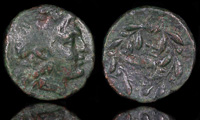
Pellene, Achaia 350-300 BCE
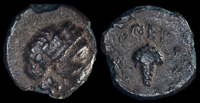
Perperene, Mysia 350 BCE
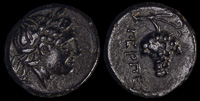
Perperene, Mysia 4th century BCE
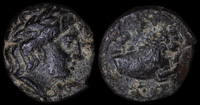
Phagres, Macedon 400-350 BCE

Phalanna, Thessaly 350 BCE
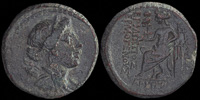
Philadelphia, Lydia 2nd-1st centuries BCE
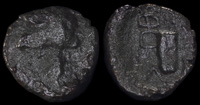
Philemon 405-340 BCE
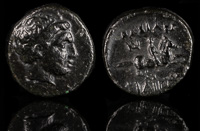
Philip IV 4th – early 3rd BCE
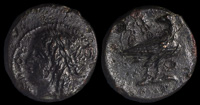
Phintias, Akragas, Sicily 287-279 BCE
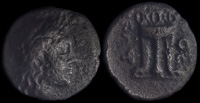
Phytia, Akarnania 300-250 BCE
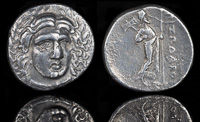
Pixodaros 341-335 BCE
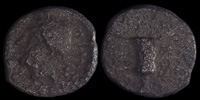
Praxippos of Lapethos 330-312 BCE
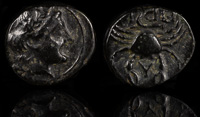
Priapos, Mysia 300-200 BCE
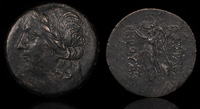
Prusias I 230-182 BCE

Ptolemy II of Telmessos, 196-189 BCE
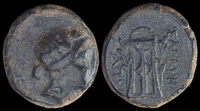
Sanaos, Phrygia mid 2nd-early 1st century BCE
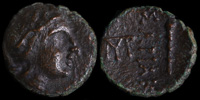
Sariakes 180-167 BCE

Seleukeia ad Kalykadnon 200-0 BCE
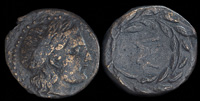
Sikyon 345/25 BCE
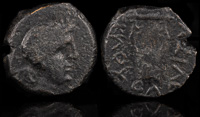
Skilouros 130-114 BCE
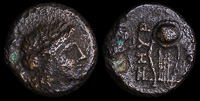
Smyrna, Ionia 350-250 BCE
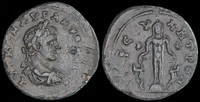
Tarsos, Kilikia 218-222 CE

Teanum Sidicinum, Campania 265-240 BCE
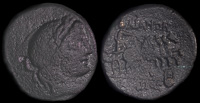
Tralleis, Lydia 300-200 BCE
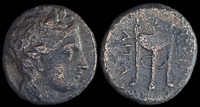
Tripolis, Thessaly ca 370-350 BCE
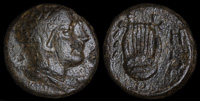
Zone, Thrace 375-350 BCE
